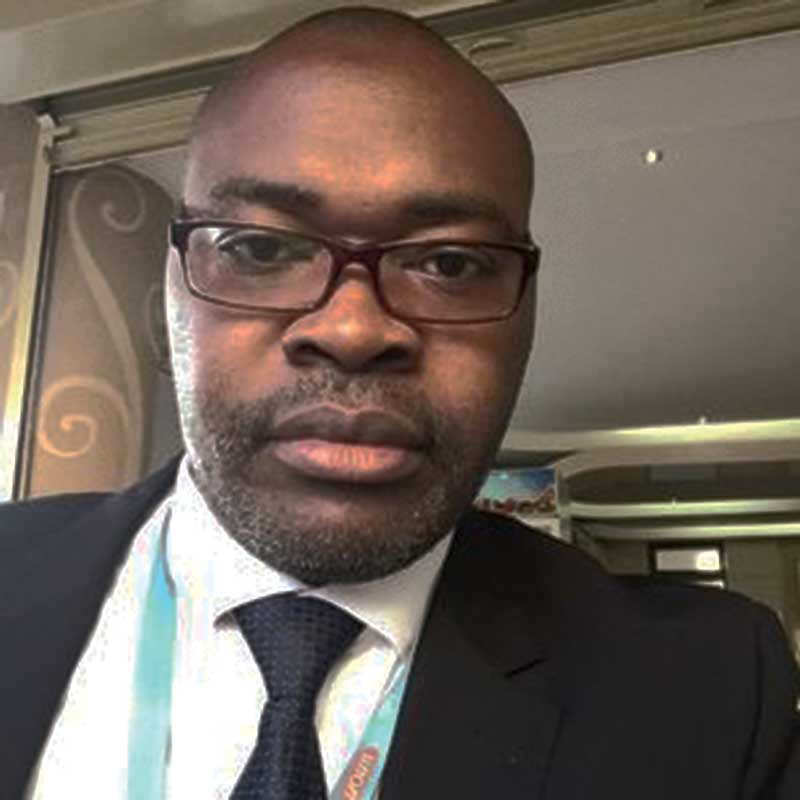
South Africa continues to grapple with a major electricity crisis, with load shedding intensifying between June and September this year. The power cuts have certainly impacted the economy as well as affected income for low-earning families and those whose businesses depend on a constant supply of power.
Listening to discussions and analyses, it is not clear whether the problem is arising from increased power consumption, political sabotage or an aging infrastructure. But the debate is muddled around these three issues with some arguing that the current production capacity can no longer meet the demands of increasingly growing consumption, while others have blamed political sabotage to prove that the African National Congress (ANC) is incapable of running the country. Some simply suggest that the infrastructure is aging calling on South Africa to start working on identifying other sources of energy than relying on coal for 80% of its electricity which is known for pollution.
There is time for debate and there is time for addressing a problem. The challenge is that the longer it takes to debate and identify solutions, the more limited time to act once the situation reaches emergency levels. The emergency phase tends to adopt a fire-fighting mode and misses the chance to reflect on long-term sustainable solutions.
The Zimbabwean situation is a typical example where the emergency approach to addressing a power problem ended up running down the entire system beyond restoration. It is for the same reason that lack of adequate power has become the new way of working in Zimbabwe because a chance was missed to stop the problem before it overwhelmed them.
South Africa is in a different shape because of its solid economic base. But already the South African economy that was recovering from the impact of the COVID-19 pandemic has experienced an unprecedented situation with power cuts impacting food, logistics, processing, healthcare services, mobile networks sectors and the wider industry at large. During times of load shedding, some businesses are forced to shut down or reduce operations. And this worsens the poverty situation among poor families.
The situation is worse for small-scale businesses that survive on marginal profits to keep going. Loss of business and profits means they are condemned to destitution thus extending the queues for those seeking social grants or employment at a time when the labour market is shrinking due to the same reasons. While some large businesses may afford alternative sources of power, most small businesses do not enjoy the same privilege.
Criminals too have taken advantage of the dark hours to terrorise families and business premises. They are aware that most security systems depend on power to function effectively. This is imposing an additional cost on families and businesses, either sacrificing their savings on alternative power sources or bringing in private security guards to improve their safety and security.
By early September this year, South Africa’s gross domestic product (GDP) had declined by nearly 1% due to load shedding and this will continue as more power cuts are expected. Economists have warned that escalated load shedding has already caused a major dent to the economy with an estimated R4 billion lost from the GDP each day load shedding is implemented.
- Young entrepreneur dreams big
- Chibuku NeShamwari holds onto ethos of culture
- Cheeky armed robbers jailed 10 years each
- LSU students win innovation prize
Keep Reading
The leadership in South Africa is working on restoring its normal power supply but it does not look like it is going to be an easy and immediate ride. Again, just like the COVID-19 pandemic, the power crisis in South Africa is seen as a south African problem even when southern African countries are aware that what happens in that country affects them as neighbours. South Africa is a regional and continental economic powerhouse and as such solutions to challenges of this strategic nature must be a major concern for the region as well. There are lessons to be drawn from the COVID-19 responses that country-based response plans that do not take into account regional dimensions may fail.
Just imagine the economic impact, if tollgates on major roads in South Africa as well as air and seaports stop functioning because of power cuts? How many countries and sectors will be impacted and yet regional leaders fold their hands waiting for the South African leadership to address the power challenges? Not only that. It is possible that there are several countries in the region that import power from South Africa, so this is a regional challenge.
Perhaps this is the time the Southern African Power Pool (SAPP), a cooperation of the national electricity companies in Southern Africa under the auspices of the Southern African Development Community (SADC) established in 1995, stood up and offer advice and leadership. Among its goals include developing sustainable development priorities and coordinating the planning of electric power across Southern African countries, improving power generation and supply relationships among its member countries and increasing the accessibility of electricity to rural communities.
Since SAPP was formed in 1995, electricity consumption has spiked owing to industrialisation and urbanisation. Power generation capacity for most countries in the region has not kept pace with these trends — a scenario that explains the widespread power crisis in the region. In addition, major strategic power generation resources such as the Kariba and Cahora Bassa power stations have not been operating at full capacity due to several reasons including repairs and maintenance.
Tapiwa Gomo is a development consultant based in Pretoria, South Africa. He writes here in his personal capacity.










